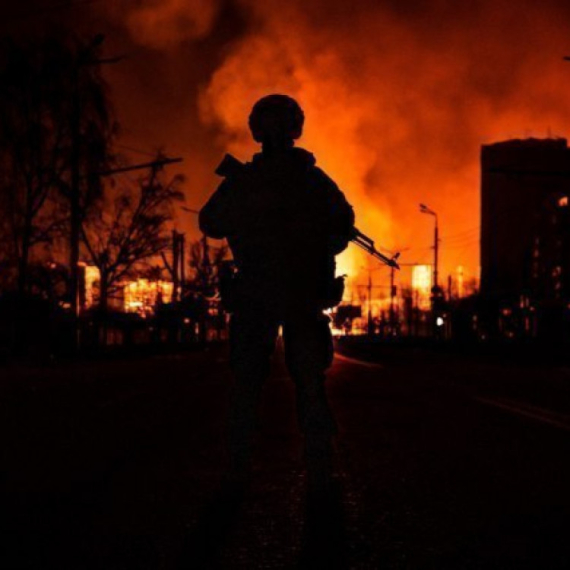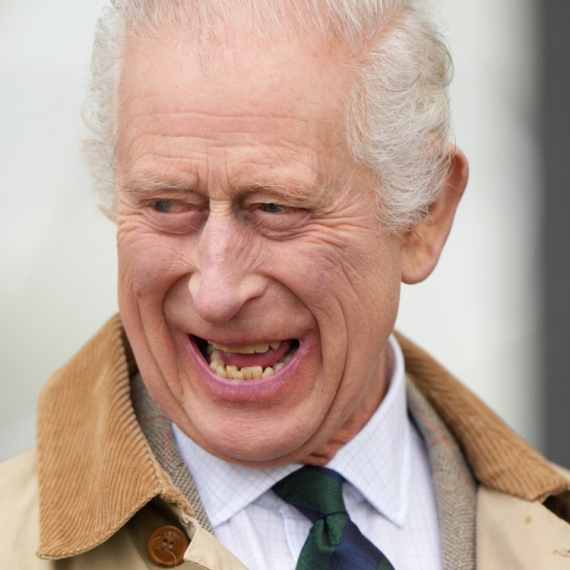European markets follow downward trend in Asia, U.S.
European and Asian markets are slumping on Thursday as the latest sell-off on Wall Street is adding to investors' fears of a severe global recession.
Thursday, 16.10.2008.
13:09

European and Asian markets are slumping on Thursday as the latest sell-off on Wall Street is adding to investors' fears of a severe global recession. Europe's key markets in London, Frankfurt and France were down more than five percent at the start of their trading sessions, hours after the worst loss in two decades for Japan's Nikkei index. European markets follow downward trend in Asia, U.S. The Nikkei plunged more than 11-percent, on another day of steep losses for Asian markets. Share prices in South Korea were nearly 10 percent lower , while the Hang Seng in Hong Kong lost nearly five percent at the close. On Wednesday, U.S. markets suffered steep losses, after disappointing economic reports showed consumer spending declining and a tight credit market hampering commerce. The Dow Jones Industrial Average fell nearly eight percent, losing more than 700 points. The S&P 500 lost more than nine percent, while the NASDAQ fell 8.5 percent. White House officials said Wednesday that leaders of the Group of Eight industrialized nations (including the United States, Japan, Germany, France, Britain, Italy, Canada, and Russia) would work to strengthen financial institutions and restore confidence. U.S. President George Bush announced Tuesday the administration will spend USD 250bn of government funds to buy part ownership of some U.S. banks and guarantee more loans and deposits. The U.S. plan is similar to efforts under way by major European nations to restart the stalled credit market that is hampering business and dragging down the economy. Treasury Secretary Henry Paulson says the intervention will increase the money available to private banks and encourage them to resume lending. A wave of home loan defaults sparked the current financial crisis, which included the collapse of several major financial institutions and a plunge in world stock markets.
European markets follow downward trend in Asia, U.S.
The Nikkei plunged more than 11-percent, on another day of steep losses for Asian markets. Share prices in South Korea were nearly 10 percent lower , while the Hang Seng in Hong Kong lost nearly five percent at the close.On Wednesday, U.S. markets suffered steep losses, after disappointing economic reports showed consumer spending declining and a tight credit market hampering commerce.
The Dow Jones Industrial Average fell nearly eight percent, losing more than 700 points. The S&P 500 lost more than nine percent, while the NASDAQ fell 8.5 percent.
White House officials said Wednesday that leaders of the Group of Eight industrialized nations (including the United States, Japan, Germany, France, Britain, Italy, Canada, and Russia) would work to strengthen financial institutions and restore confidence.
U.S. President George Bush announced Tuesday the administration will spend USD 250bn of government funds to buy part ownership of some U.S. banks and guarantee more loans and deposits. The U.S. plan is similar to efforts under way by major European nations to restart the stalled credit market that is hampering business and dragging down the economy.
Treasury Secretary Henry Paulson says the intervention will increase the money available to private banks and encourage them to resume lending.
A wave of home loan defaults sparked the current financial crisis, which included the collapse of several major financial institutions and a plunge in world stock markets.



































Komentari 2
Pogledaj komentare